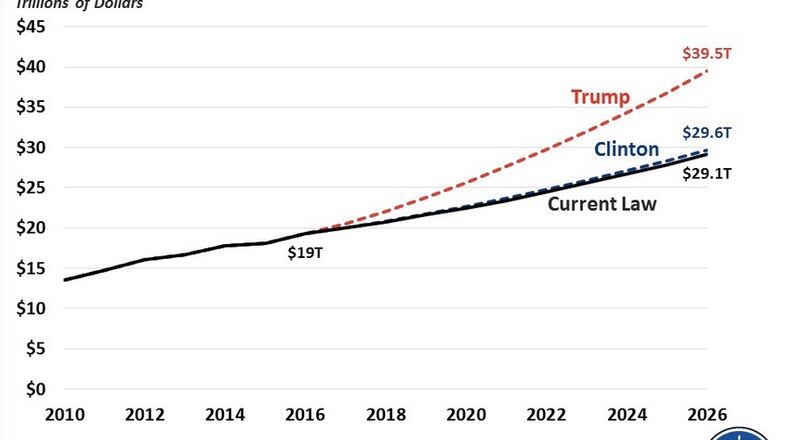Remember what the economy was like back in January 2009?
The stock market was in the middle of an historic collapse, on the way to losing roughly half its value, and an astounding 800,000 jobs would disappear that month alone. The construction industry in particular had been gutted, especially here in Georgia, and to stop the worst recession in 80 years from becoming an actual depression, incoming President Barack Obama had proposed a major economic stimulus package to Congress.
In addition to $288 billion in tax cuts inserted in an effort at compromise with Republicans, Obama's proposal included $105 billion in infrastructure spending to put laid-off construction workers back on the job. Republicans hated it. They condemned it, they fought it, they ridiculed it as a waste of taxpayers money that would do nothing but increase the deficit. It was, they told us, a matter of principle.
In the end, the stimulus passed into law, but it did so without a single GOP vote in the House and with only three GOP votes in the Senate. According to later analysis by the Congressional Budget Office, the package saved several million American jobs and prevented a much deeper disaster.
It is now 2016. Today, GOP presidential nominee Donald Trump is proposing an infrastructure program that would dwarf that proposed by Obama and summarily rejected by Republicans back in 2009. In fact, Trump's infrastructure proposal would cost at least five times more than the Obama plan. At more than $550 billion, the Trump plan is also more than double the size of the infrastructure program proposed by Hillary Clinton.
And how would he finance that spending? Through deficit spending. Or as Trump put it, "we’ll get a fund."
So cup your hand to your ear -- what do you hear? Do you hear the sound of Republicans howling about big government and the dangers of deficit spending, as they did in 2009? No, oddly, you do not. You hear the sound of them NOT howling. You hear many of them applauding and cheering. What was anathema under Obama at a time of the nation's greatest economic peril in four generations suddenly becomes acceptable now, when it is five times as expensive and proposed by a Republican.
It's hard to imagine a more stark example of putting partisan politics above national interests. But wait, there's more ...
Some of the loudest applause and cheers for Trump are coming from U.S. Sen. David Perdue of Georgia. After Trump's economic speech Monday in Detroit, where he reiterated his infrastructure proposal,
, embracing his "bold vision" and his plan to "deliver results through lower taxes, less regulation, and solving our debt crisis."
Note that last part about "solving our debt crisis." In addition to a half-trillion-dollar infrastructure program, Trump has proposed huge tax cuts, mainly benefiting the rich, and also promises to significantly increase spending on the military and expand entitlement programs. Yet Perdue still wants the people of Georgia to believe that his man Mr. Trump is some champion of deficit reduction.
Take a look at this analysis by the nonpartisan Committee for a Responsible Federal Budget, which is dedicated to debt reduction and to putting the country on "a sustainable fiscal course". It compares the financial impact of tax and spending proposals by Hillary Clinton and Trump through late June, which means that it doesn't yet include Trump's infrastructure spending or the vague revisions in his tax plan announced Monday.
Nonetheless, it gives you a pretty good idea of what's afoot:
Over the next decade, Clinton's plans on both the revenue and spending sides would increase the national debt by $250 billion. Trump's plans would increase the debt by $11.5 trillion, or 46 times as much as Clinton. (The same numbers drive the chart posted at the top of this blog.)
So please, Sen. Perdue, spare us the posturing as some dedicated anti-deficit crusader. Spare us the hack act in which you pretend to be the "outsider" willing to utter the truths that the insiders dare not speak. None of it's true. The candidate whom you champion would lead us to the very fiscal disaster that you claim to fear the most, yet it doesn't bother you in the least.
About the Author
The Latest
Featured



